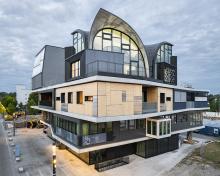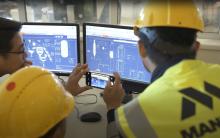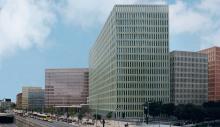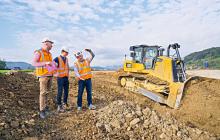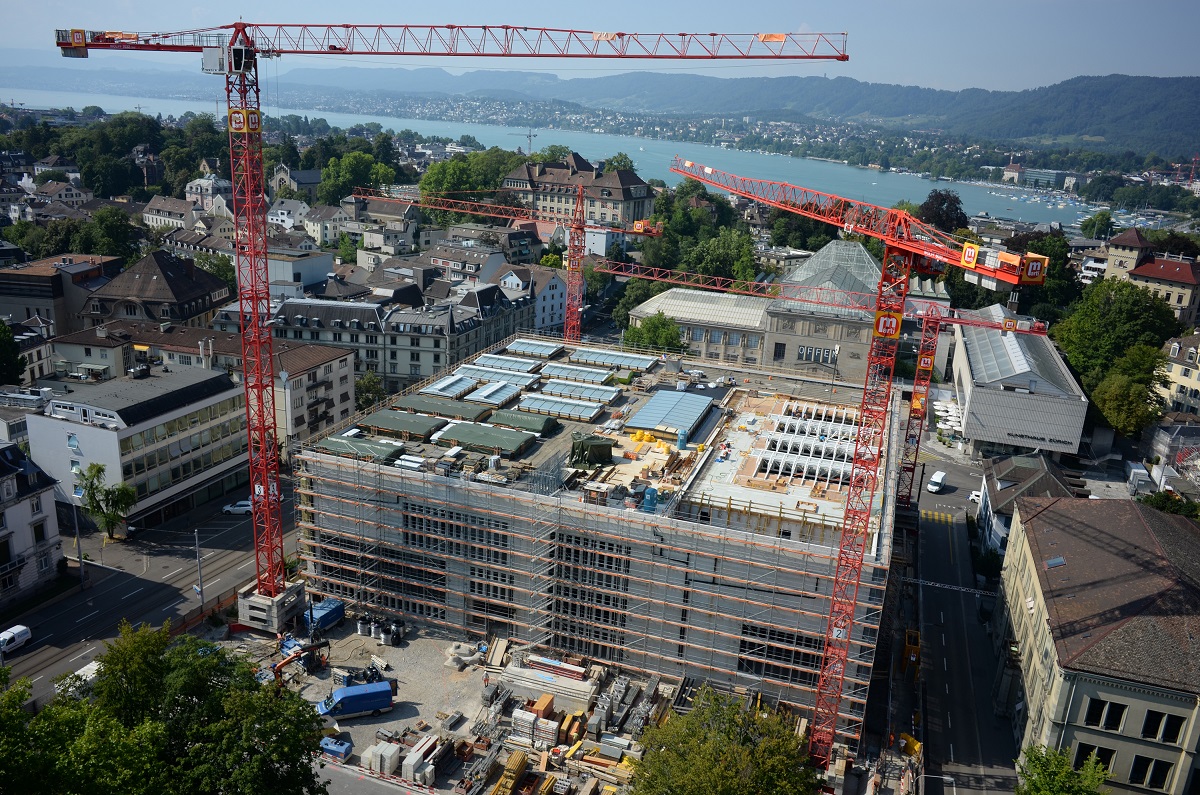
The museum has provided a space for international exhibitions spanning from 13th century to the present. High-profile British architect Sir David Chipperfield is designing the extension, which is due to open in 2021. The project is intended to blend visionary architecture with sustainable building materials and will make the Kunsthaus the largest art museum in Switzerland.
Holcim Switzerland delivered 6,500 tonnes of cement between 2016 and 2018 to build the Kunsthaus extension. About 5,000 tonnes were made of its sustainable cement Modero 3B. The company says that this cement contains a low portion of clinker, which is responsible for most CO2 emissions associated with cement, and it also makes concrete surfaces brighter, matching the project’s aesthetic requirements.
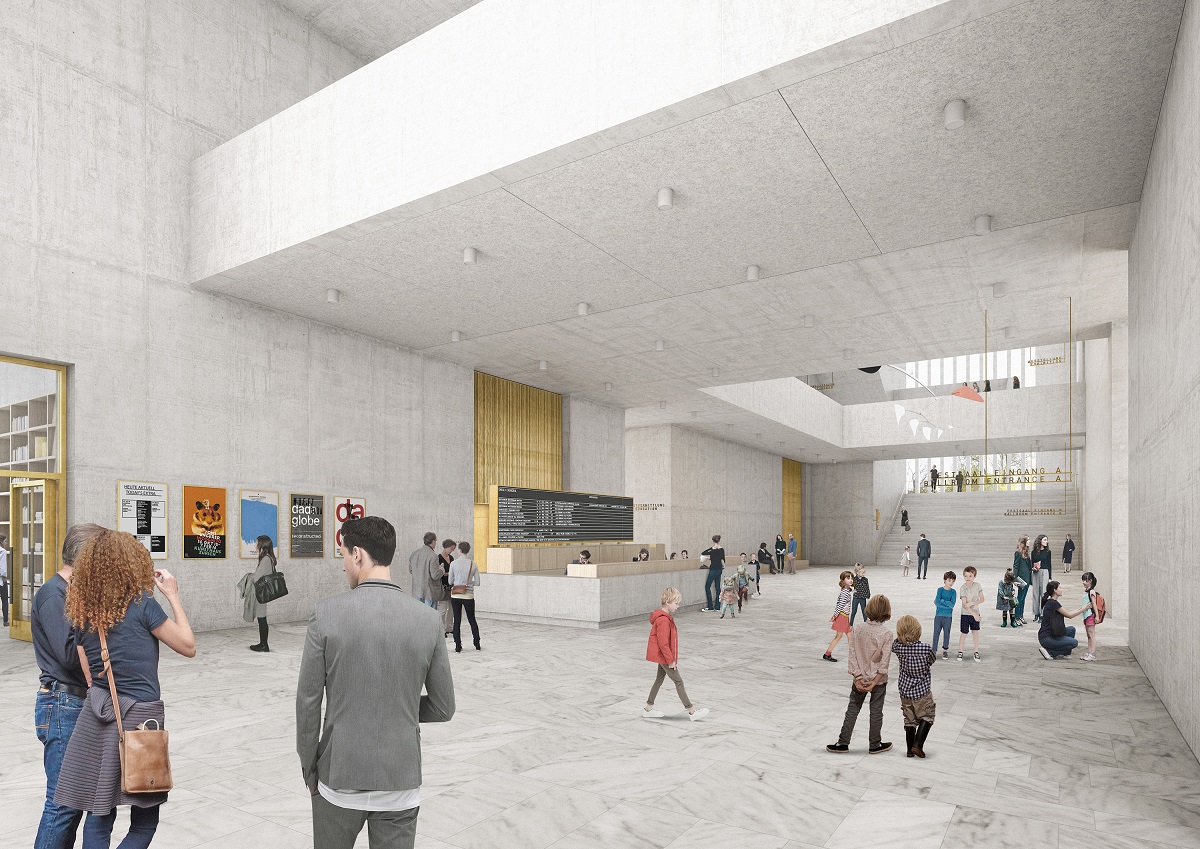
It adds that Modero 3B works very well in the production of recycled concrete, which accounts for 95% of the overall concrete used for Zurich Kunsthaus.
"The majority of the CO2 emissions produced by clinker production are unavoidable, as they result from the chemical reaction that occurs when the raw material (limestone) calcinates into clinker in the kiln," Holcim Switzerland stated. "We research, develop and market solutions that can replace the clinker in our final cement products with alternative mineral components such as pozzolan, slag or fly ash. A significant portion of these constituents come from waste or byproducts recovered from other industries."

